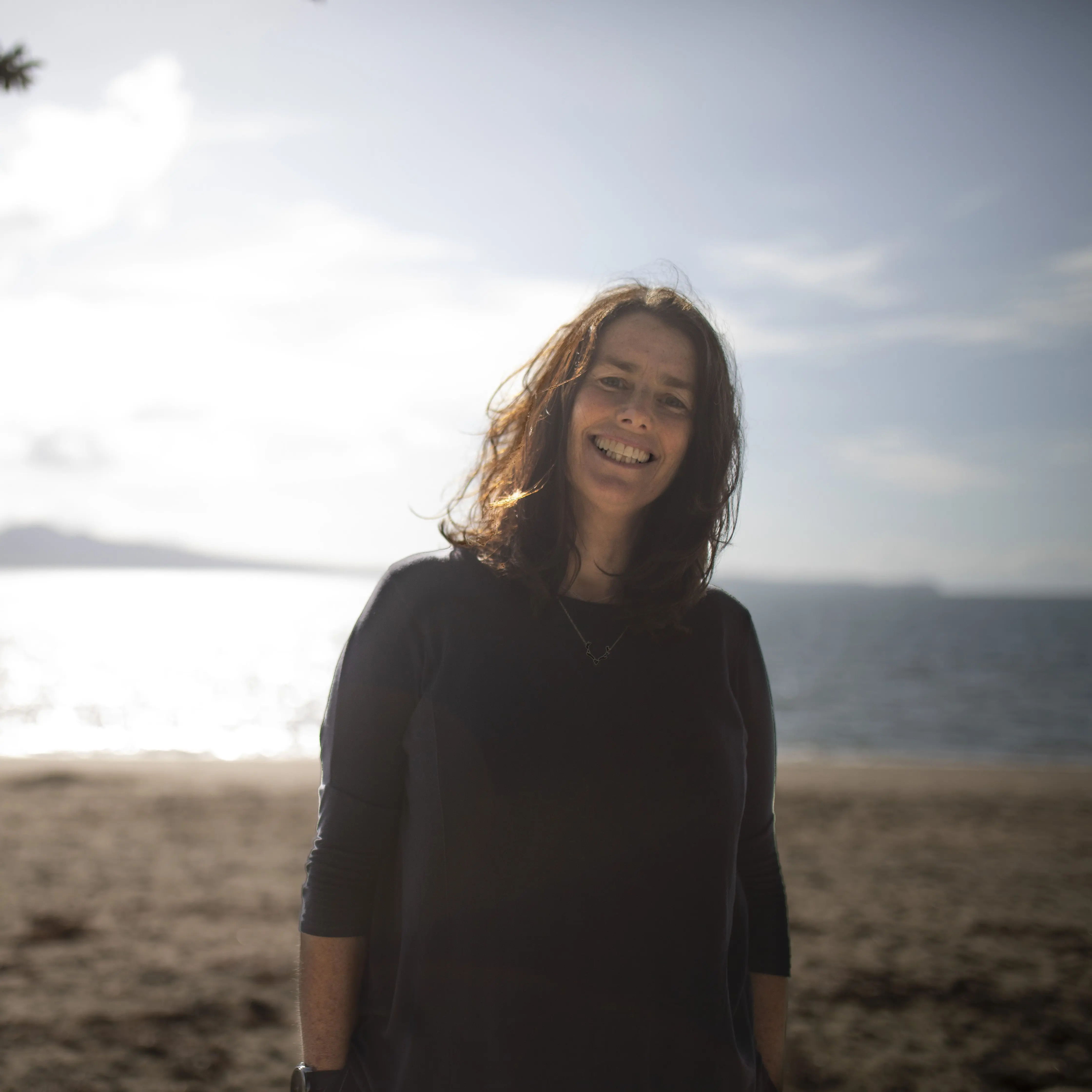Rochelle Constantine
Associate Professor, University of Auckland.
Associate Professor Rochelle Constantine is an accomplished biologist, an inspirational lecturer, and a relentless champion for the marine environment.
She has led high-profile marine research voyages, achieved feats considered “unimaginable” in conservation science and is credited with inspiring and mentoring the next wave of New Zealand marine scientists through her position with the University of Auckland’s School of Biological Sciences and Institute of Marine Science.
With an affection for the marine environment which mirrors the passion of the Trust’s namesake, Sir Peter Blake, Rochelle is a science communicator of uncommon clarity, accessibility and influence. She is able to translate complex research into terms the lay community understands; she then uses this robust, research-based information to compel her audience to join her in campaigning to protect marine megafauna.
She has a unique ability to draw people together to solve significant problems by balancing the scientific, practical and emotional components to get everyone on board. Her passion and scientific rigour make for great leadership in the marine environment context, which is often plagued with tension and conflict across opposing groups.
Time and again, Rochelle has been at the forefront of significant community conservation campaigns. She imagined, launched and drove the successful campaign to eliminate whale strikes in the Hauraki Gulf – an outcome many of her contemporaries feared was an impossible and “unimaginable” goal. She produced research which showed the Māui dolphin was much more critically endangered than believed, which resulted in increased protection for the species. She discovered the vast expanse of feeding grounds for the South Pacific humpback whales, which enabled the International Whaling Commission and Pacific nations to better protect these endangered whales. And her behavioural research into the impact of human interactions on dolphins has led to an international revision of dolphin-watch tourism practices.
As one of New Zealand’s most recognised, respected and distinguished marine ecologists and international whale and dolphin researchers, Rochelle is a clear inspiration for her students at the University of Auckland. She shares with them her passion for marine life, her belief that research is essential to conservation, and her determination to coax the general population out of complacency.
Rochelle was the Director of the Joint Graduate School in Coastal and Marine Science – a NIWA and University of Auckland initiative – and currently leads the Marine Mammal Ecology Group with a talented group of post-graduate students, research assistants and international collaborators. She has published 56 peer-reviewed journal articles and 11 book chapters, and has led a variety of international research collaborations. Rochelle has played a key role and helped sustain the South Pacific Whale Research Consortium for almost two decades.
She was co-voyage leader of a 2016 Kermadec Expedition involving seven research agencies and led the ground-breaking 2015 Kermadec search for the humpback whale trail. Her work has come to mean a great deal to Ngāti Kuri, mana whenua of the Kermadec Islands Rangitāhua Ocean Sanctuary. The iwi’s conservation ambitions for their marine rohe are in many ways defined by the stories that Rochelle has been able to tell them about the whales from five Pacific breeding grounds that congregate each year at the Kermadecs, share song, and then divide (mothers and calves one way, females without calves and males the other) for their journey to Antarctica.
While grounded in the science of DNA and GPS tracking, Rochelle has the ability to connect with Ngāti Kuri stories and traditions in a way that enriches and enables the iwi’s marine conservation commitments. Rochelle’s dedication to preserving New Zealand’s marine ecology has produced an impressive and influential body of research, and a generation of future marine scientists inspired by the path she has forged. She can also claim to have made a tangible difference – two of the most significant marine announcements in New Zealand (the formation of the Kermadec Rangitāhua Ocean Sanctuary and the protection for whales in the Hauraki Gulf) came about as a direct result of her tireless work, compelling communication and powerful whale stories.


